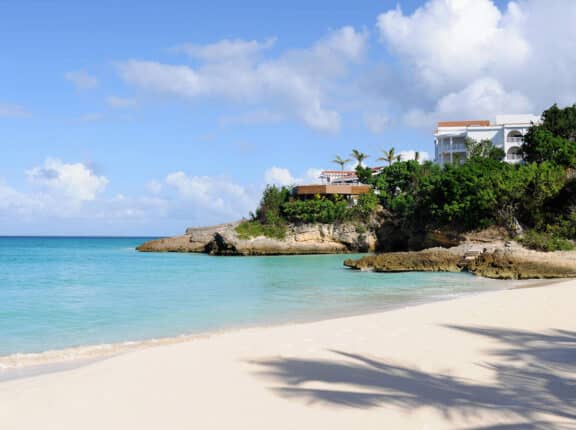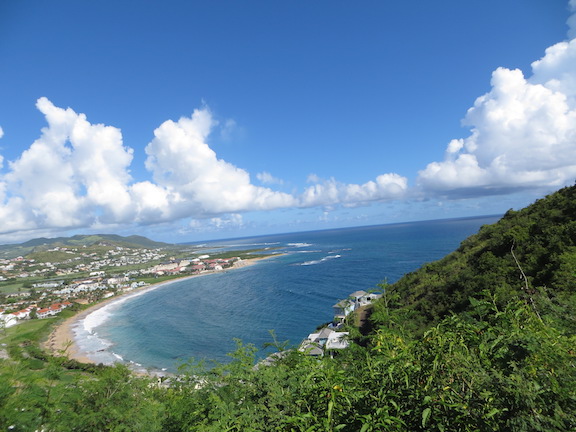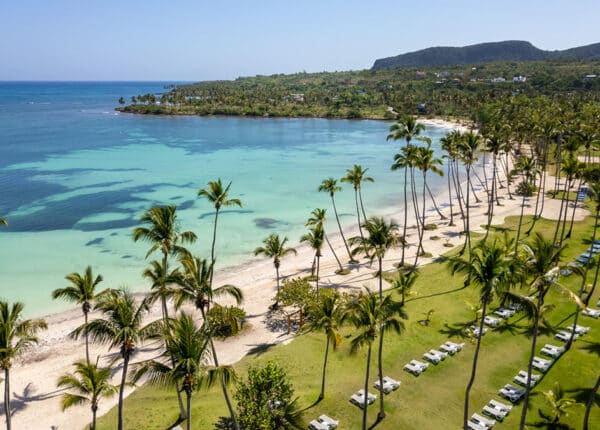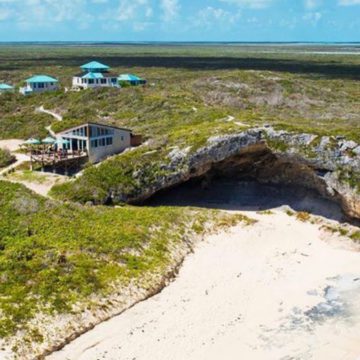Natural Resources and Economic Policy in the Greater Caribbean
By Alberto Duran and Noemi Areli Sanchez
Op-Ed Contributors
As part of the regulatory function, the State, through its economic policy, directly influences the economic growth of a country. The discussion on the effects of that policy focuses generally on questions surrounding the highest standard of living that would be enjoyed by the population. Nevertheless, there is hardly any analysis and questioning of the repercussions that this policy may have on the use of natural resources and their dependence.
We can define economic policy as the actions taken by governments in the economic sphere, among which we can include national property. With respect to the foregoing, the economic policy traditionally followed by governments toward the use of natural resources, is considered as a new “governance of natural resources”, aimed at maximising their contribution to development, with the criteria of equality and sustainability, as well as promoting a long-term structural change associated with innovation and technological development that would reduce the dependency on the extractive sectors.
Considering the trend expressed in recent Studies, the countries of the region are highly dependent on the revenue obtained from their natural resources, contemplating with dwindling interest on the diversification of their production industries and equipment. One does not have to look far to find examples of the effects of natural resource dependence. In light of recent declines in international oil prices, a situation that affects the global economy, the States belonging to the Greater Caribbean find themselves in urgent need to resort internationally to capital markets; to international organisations; and/or taking emergency economic measures to tackle the so-called “black gold” crisis. According to 2012 statistics, Latin America and the Caribbean Region is the second zone in the world with the highest quantity of oil reserves, after the Middle East, and it accounts for more than 20%. A less favourable statistic is that of regional gas reserves, whose importance declined over the last decade, dropping to 4% of the global total. In 2013, the quantity of mineral fuels, mineral oils and products derived from their distillation, (Harmonized Commodity Description and Coding System –HS) exported by the countries of the Greater Caribbean region, recorded 102,986,864 md as the principal product for sale abroad.
This reflects the behaviour of a specific product such as oil.
Furthermore, we may find that most of the economies of the region depend on mining activities as a significant source of revenue, for example, Bauxite (Jamaica, Bolivarian Republic of Venezuela, Suriname) Copper (Mexico), Zinc (Mexico), Gold (Suriname, Mexico, Colombia, Dominican Republic), Nickel (Colombia, Cuba), Coal (Colombia) among others.
It is evident from the foregoing that the key to improved resource management is for governments to design a proper economic policy to tackle the challenges arising not only from rational economic distribution, but also from the sustainability of such natural resources with long-term growth projections.
However, and in order to avoid the macroeconomic instability resulting from a concentration of exports in sectors with high price volatility, there also needs to be production diversification strategies, as well as a series of government actions geared toward hindering, overcoming and minimising the effects of the economic cycle. Another challenge that must be addressed by governments is that related to the proper investment of a sizeable portion of the returns generated by natural resource development in other forms of physical and human capital in other sectors, which would allow them to diversify their production areas.
In the application of good public policies, the abundance of natural resources does not need to become an unhealthy dependence. The key, therefore, lies in two words: diversification and innovation. For these two critical components to be adequately addressed there needs to be a proper institutional framework that has both a fiscal strategy of efficient resource distribution and a competent state authority poised to face these challenges within the political economy.
Alberto Duran is the Director of Trade Development and External Economic Relations and Noemi Areli Sanchez is the Research Assistant of Trade Development and External Economic Relations at the Association of Caribbean States.
Note: the opinions expressed in Caribbean Journal Op-Eds are those of the author and do not necessarily reflect the views of the Caribbean Journal.







